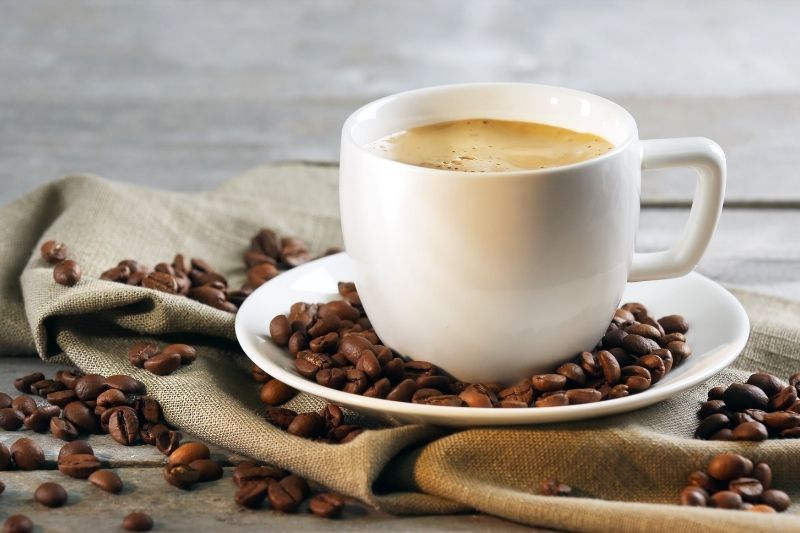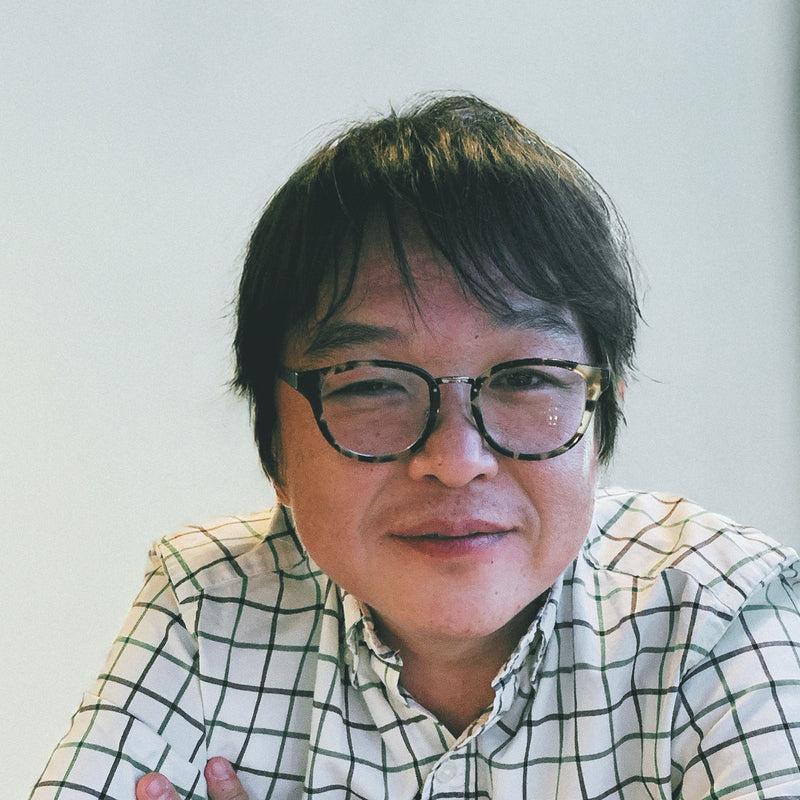Do you ever feel like you need a little caffeine break in the middle of the day? You're not alone. Many people rely on coffee to give them an energy boost. But what if you want a cup of coffee but don't want the caffeine?
Well there are actually some naturally low-caffeine coffee varietals! So, you can still enjoy all the flavor without feeling wired afterwards. Let’s find out more about them!

Coffee Varietals with Naturally Low Caffeine
If you're looking for a coffee that has less caffeine, you don't have to sacrifice flavor. There are several coffee varietals that have naturally low levels of caffeine. This means that these varietals are low in caffeine without having to go through an industrial decaffeination process.
Decaffeinated coffee has been around for a long time. Although not completely deprived of caffeine, the stimulating substance is almost completely removed from the coffee. And despite advertising messages to the contrary, it is usually at the expense of taste.
During decaffeination, important aromatic substances are lost in the chemical process, depending on the method used. Here at Japanese Coffee Co., we use a process that keeps the flavors and aromas intact, so you don’t have to compromise.
If, however, you are ready to try something new, then coffee that is naturally low in caffeine might just be the thing for you!
Varietals that are Naturally Low In Caffeine
Coffee varietals that are naturally low in caffeine is not something rare; it's just that the lower-caffeine variants tend to produce much less coffee than varietals with higher levels of caffeine.
Such varietals are:
- Coffea Lancifolia from Madagascar
- Coffea Racemosa from South Africa and Zimbabwe
- Arabica Laurina from Central America and Brazil

What does the research tell us?
The Brazilian researchers examined more than 3,000 coffee plants of the species Coffea arabica and finally found three shrubs that contained almost no caffeine. The scientists around Paulo Mazzafera from the University of Campinas analyzed the metabolism of the plants with radioactively labeled molecules and chromatography methods.
What they found is that the cause of the caffeine deficiency is probably a mutation of the responsible gene. The plants from Ethiopia apparently lack an enzyme that is necessary for the conversion of a chemical precursor to caffeine.
Since the new plants belong to the classic Coffea arabica species, they could easily be crossed with already-known varieties. Because the world's most widespread type of coffee also includes varieties that are known for their good taste,
Given the low genetic diversity of Coffea arabica and the fact that even unusual and older varieties make good coffee, the scientists conclude that the low-caffeine plant should also make a tasty drink possible.
Genetically modified coffee plant yields low-caffeine beans
Researchers have developed a genetically modified coffee plant whose beans contain up to 70 percent less caffeine. This could replace the expensive industrial decaffeination, which also often affects taste, the scientists report in the journal Nature.

Three enzymes are responsible for the biosynthesis of caffeine in the coffee plant, Coffea canephora. In the genetically modified variant, the team led by Shinjiro Ogita from the Nara Institute of Science and Technology blocked a gene that encodes one of these enzymes. As a result, the plant lacks one of the biocatalysts for caffeine production, and coffee beans are produced with a greatly reduced content of the stimulating substance.
Shinjiro Ogita and his team at the Nara Institute of Science and Technology also want to apply the technique to Arabica coffee plants. High-quality Arabica coffee accounts for about 70 percent of the world market.
The method also opens up the possibility of crossing existing plant species more quickly, thus shortening the breeding period. In addition, completely new types of coffee plants can be developed in this way.
So far, however, all attempts to breed low-caffeine coffee plants by naturally crossing different species have failed. The genetic barriers between the species turned out to be too high.
What are the differences between the types of coffee in terms of caffeine content?
Not only the caffeine content in the coffee of the two coffee tree species, Arabica and Robusta, differs significantly. The different Arabica varieties also have very different levels of caffeine. Arabica coffee has a caffeine content of 0.8%–1.4%, and Robusta beans have a caffeine content of 1.7%–4% of the stimulating substance.

With a cup of coffee (150 ml) made from Arabica beans, it absorbs around 60 to 100mg of caffeine. People don't usually drink Robusta coffee pure. The particularly strong coffee bean is usually used in espresso blends to obtain strong coffee. In addition, the Robusta bean is particularly suitable for preparing an espresso due to its low oil content, which creates a thick, stable crema.
Naturally Low In Caffeine vs. Decaf
Decaf coffee is not caffeine-free. It contains some caffeine because decaf coffee beans usually contain about 0.1% to 1.5% caffeine, depending on the bean variety used, the growing conditions, and the decaffeination process. This is about one-tenth to one-half of the caffeine normally present in coffee beans before they are decaffeinated.
Decaf coffee can be a good choice for individuals who do not wish to consume caffeine in their diet because it provides many of the flavor elements and the bulk of a cup of coffee without caffeine.
And while it is widely accepted that drinking several cups of decaf coffee daily will provide some health benefits, research indicates that individuals who drink large amounts of caffeinated coffee may be at greater risk for heart disease. Decaf coffee also provides many essential nutrients, including magnesium, potassium, riboflavin, niacin, and vitamin E.

Because decaffeination is a chemical process that removes caffeine from the coffee bean, it strips the beans of many essential nutrients as well. In fact, about 97% of the flavor of a coffee bean is contained in the oils it contains.
Caffeine has no flavor, and so, when a decaffeination process removes 97% of a bean's flavor, a cup of brewed coffee made from these beans will not taste nearly as rich or complex as a cup of regular coffee. Choosing coffee that is naturally low in caffeine can eliminate this problem.
There are, however, some decaffeination methods that do not strip coffee of its natural flavor and aroma, like the one we use at Japanese Coffee Co. This is exactly the reason why our Premium Decaf Blend is so popular.
Final Thoughts
If you’re looking to cut back on caffeine, there are a few great coffee varietals with naturally low levels of the stimulant. I should, however, warn you that they are not as easy to find, so you might have to do some research first.
All in all, the most popular alternative to high-caffeine drinks is decaf coffee. I actually wrote an article about the 10 Surprising Things About Decaf Coffee, so go check it out; you will definitely be surprised!
Get Free Bonus Books

Sign up for free to the Coffee Club to get advice and exclusive articles about how to choose Japanese Coffee, and tips, tricks, and recipes for enjoying Japanese coffee.
About the author
Kei Nishida
Author, CEO Dream of Japan
Certification: PMP, BS in Computer Science
Education: Western Washington University
Kei Nishida is a passionate Japanese tea and coffee connoisseur, writer, and the founder and CEO of Japanese Coffee Co. and Japanese Green Tea Co., both part of Dream of Japan.
His journey began with a mission to introduce the world to the unparalleled quality of Japanese green tea. Through Japanese Green Tea Co., he established the only company that sources premium tea grown in nutrient-rich sugarcane soil—an innovation that led to multiple Global Tea Champion awards.
Building on this success and his passion for Japanese craftsmanship, Kei expanded into the world of coffee, pioneering the launch of Japanese Coffee Co., the first company to bring Sumiyaki charcoal-roasted coffee to a global audience. His dedication to authenticity and quality ensures that this traditional Japanese roasting method, once a well-kept secret, is now enjoyed worldwide.
Beyond tea and coffee, Kei has also introduced Japan’s legendary craftsmanship to the world through Japanese Knife Co., making handmade katana-style knives—crafted by a renowned katana maker—available outside Japan for the first time.
Kei’s journey continues as he seeks out and shares the hidden treasures of Japan, one cup and one blade at a time.
Learn more about Kei

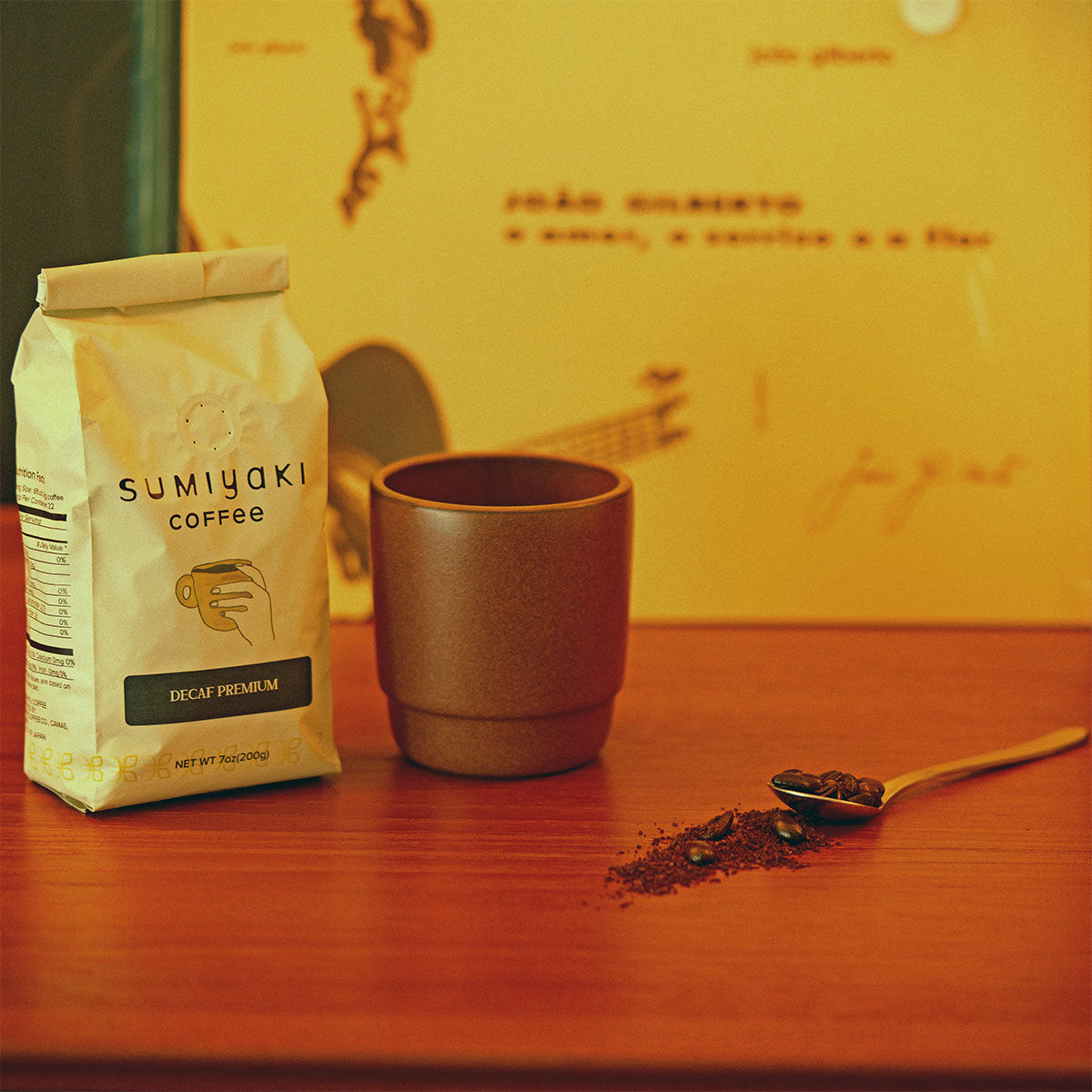
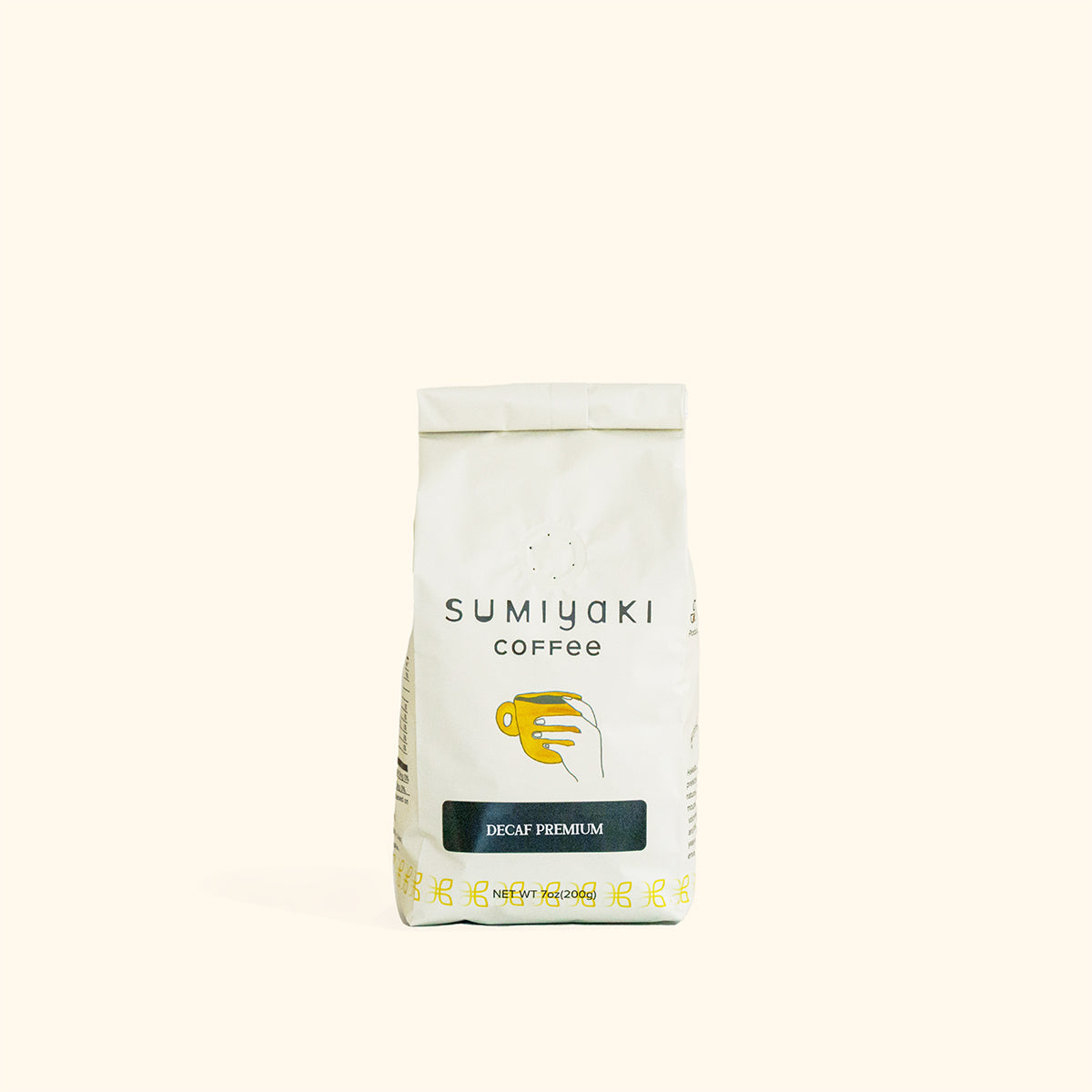
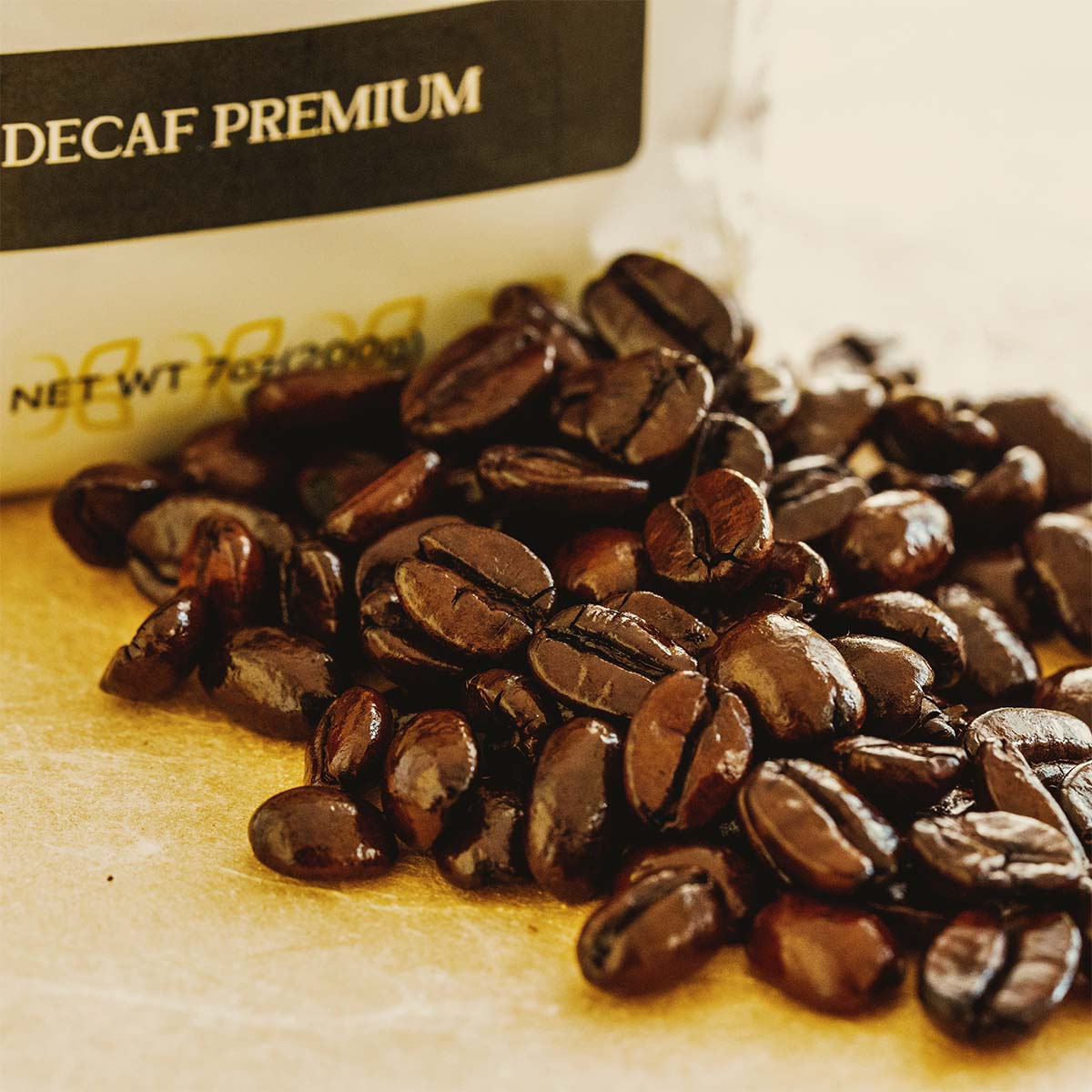
![Asa Tsuyu Blend [Light Blend] Coffee (Colombia, Brazil, Ethiopia)](http://japanesecoffeeco.com/cdn/shop/files/web-ready_Asa_Tsuyu_Blend_life-style.jpg?v=1754689231)
![Asa Tsuyu Blend Package [Light Blend] Coffee (Colombia, Brazil, Ethiopia)](http://japanesecoffeeco.com/cdn/shop/files/AsaTsuyuBlendpackage.jpg?v=1754689220)
![Asa Tsuyu Blend [Light Blend] Coffee Beans (Colombia, Brazil, Ethiopia)](http://japanesecoffeeco.com/cdn/shop/files/AsaTsuyuBlendcoffeebeans.jpg?v=1770838125)


